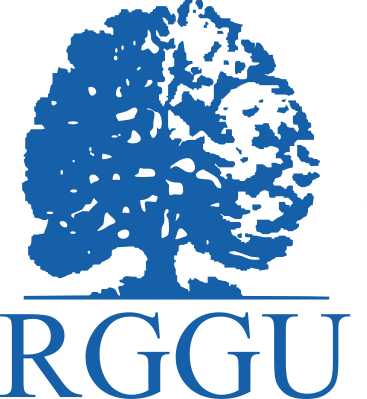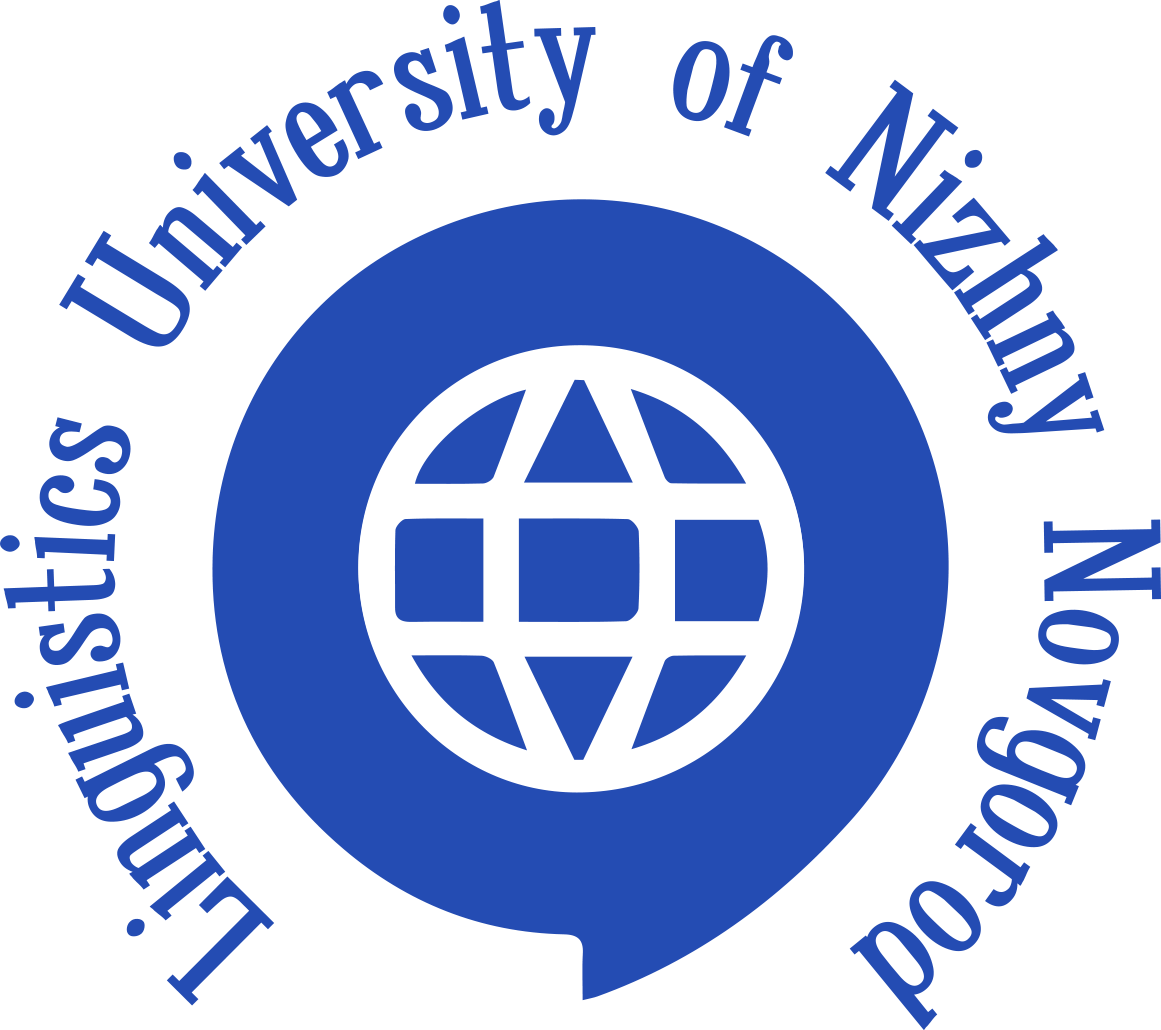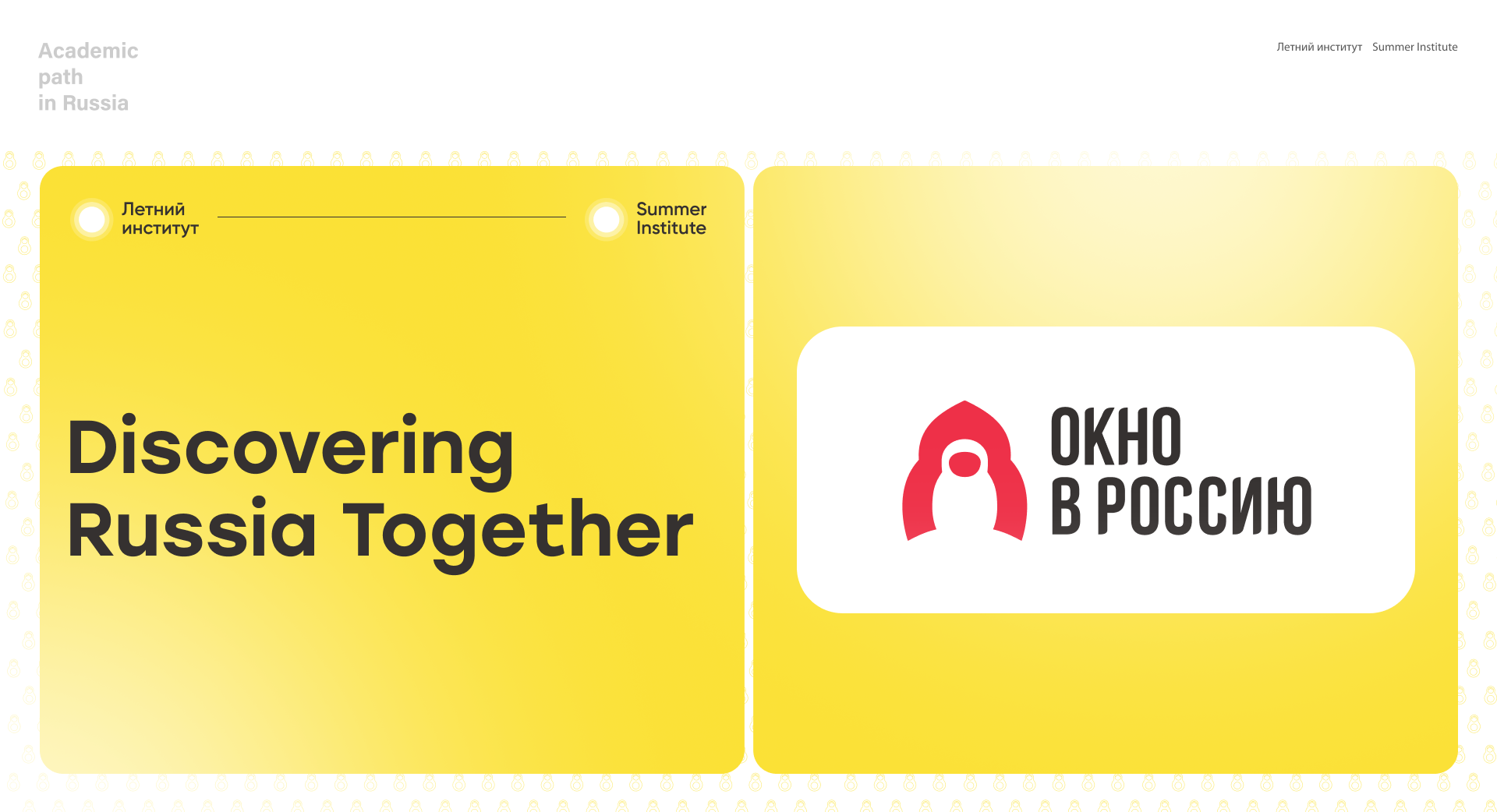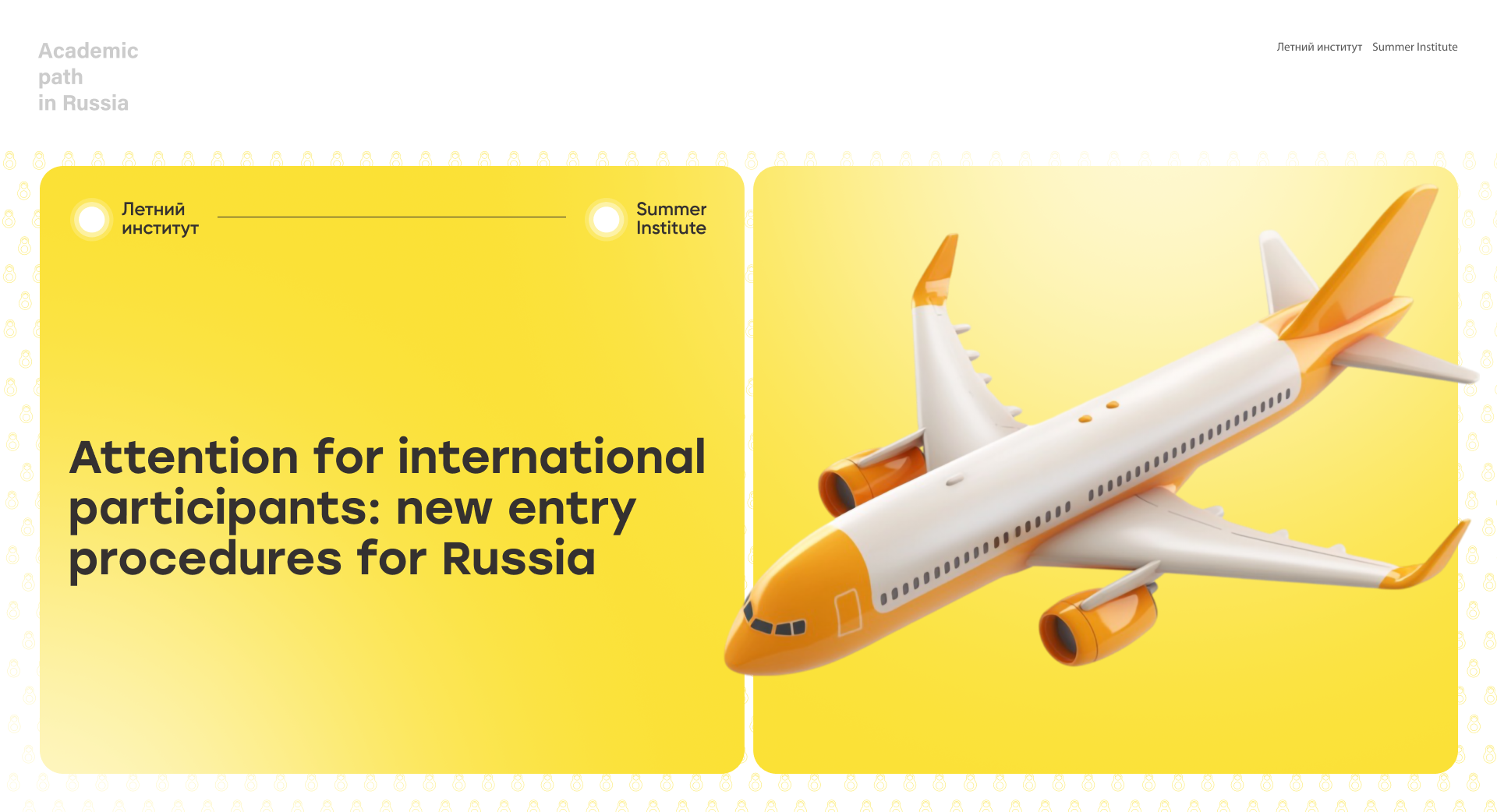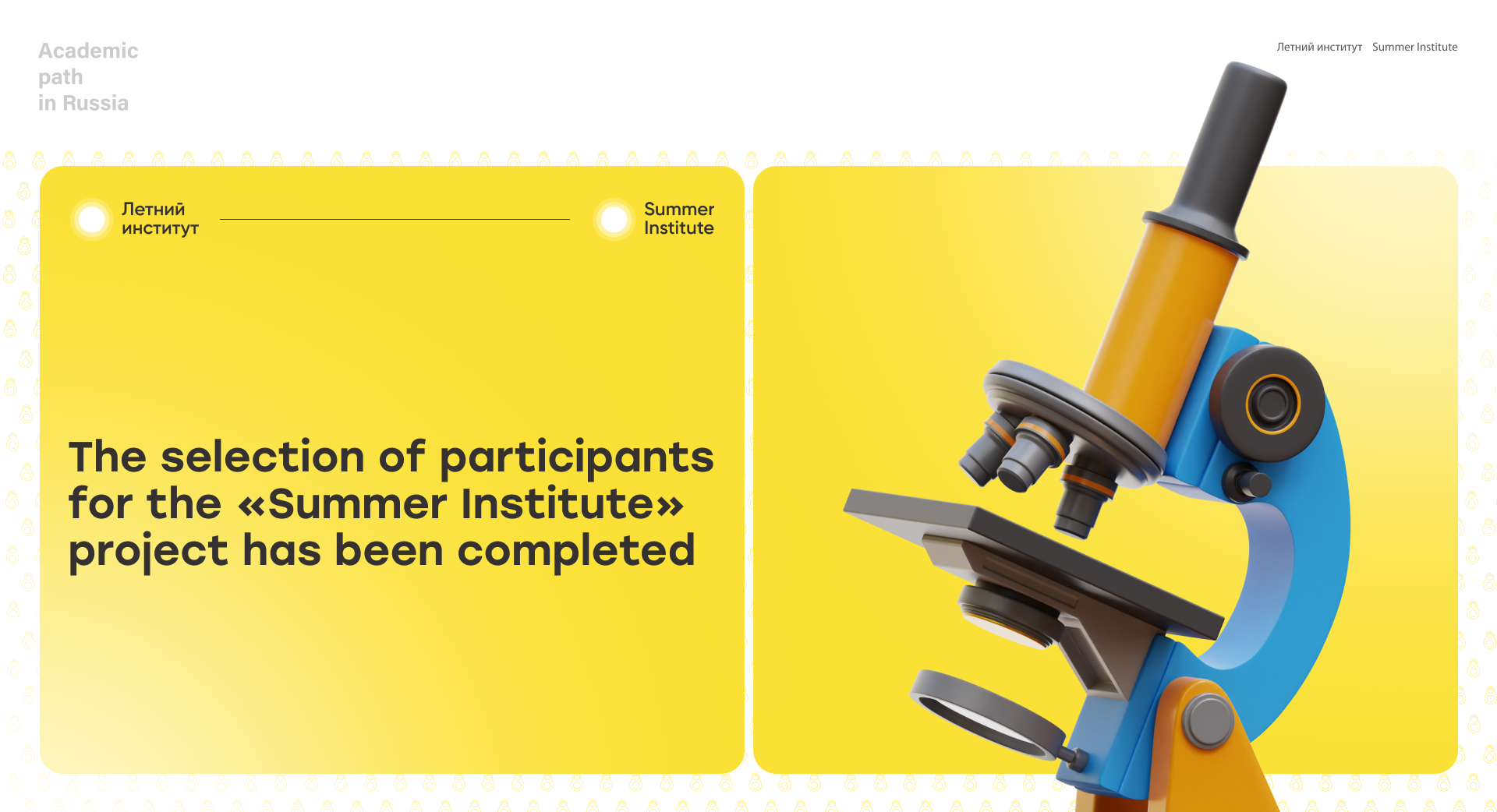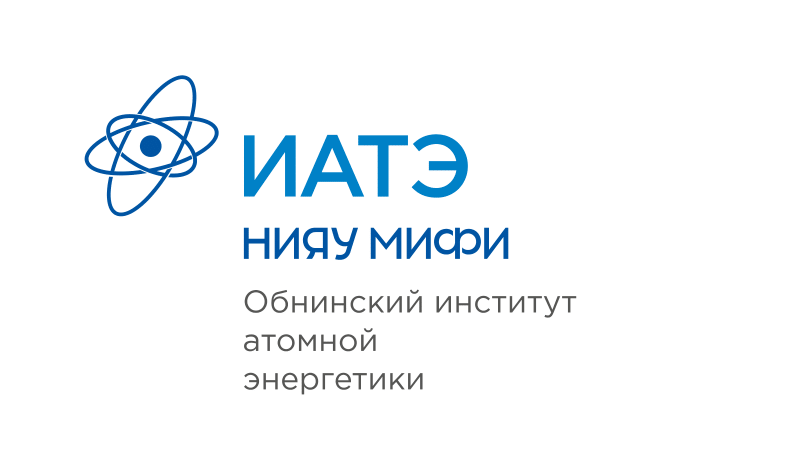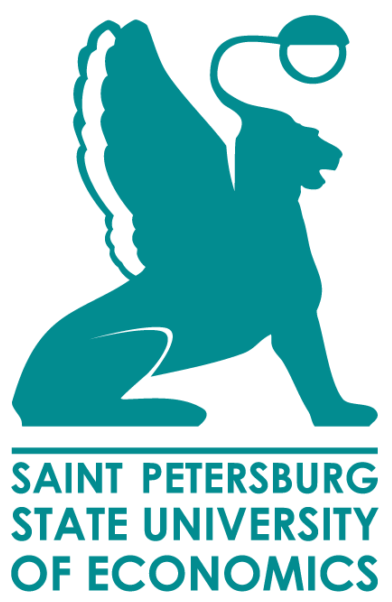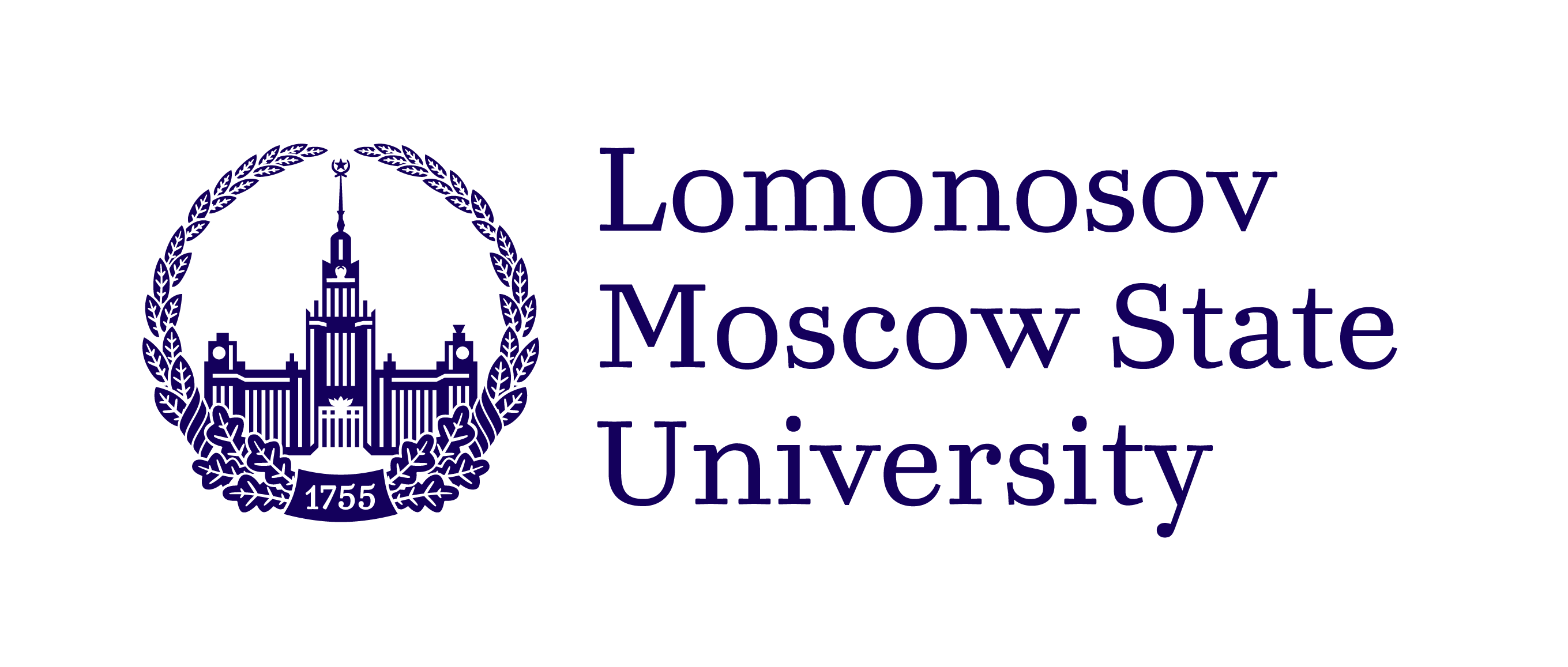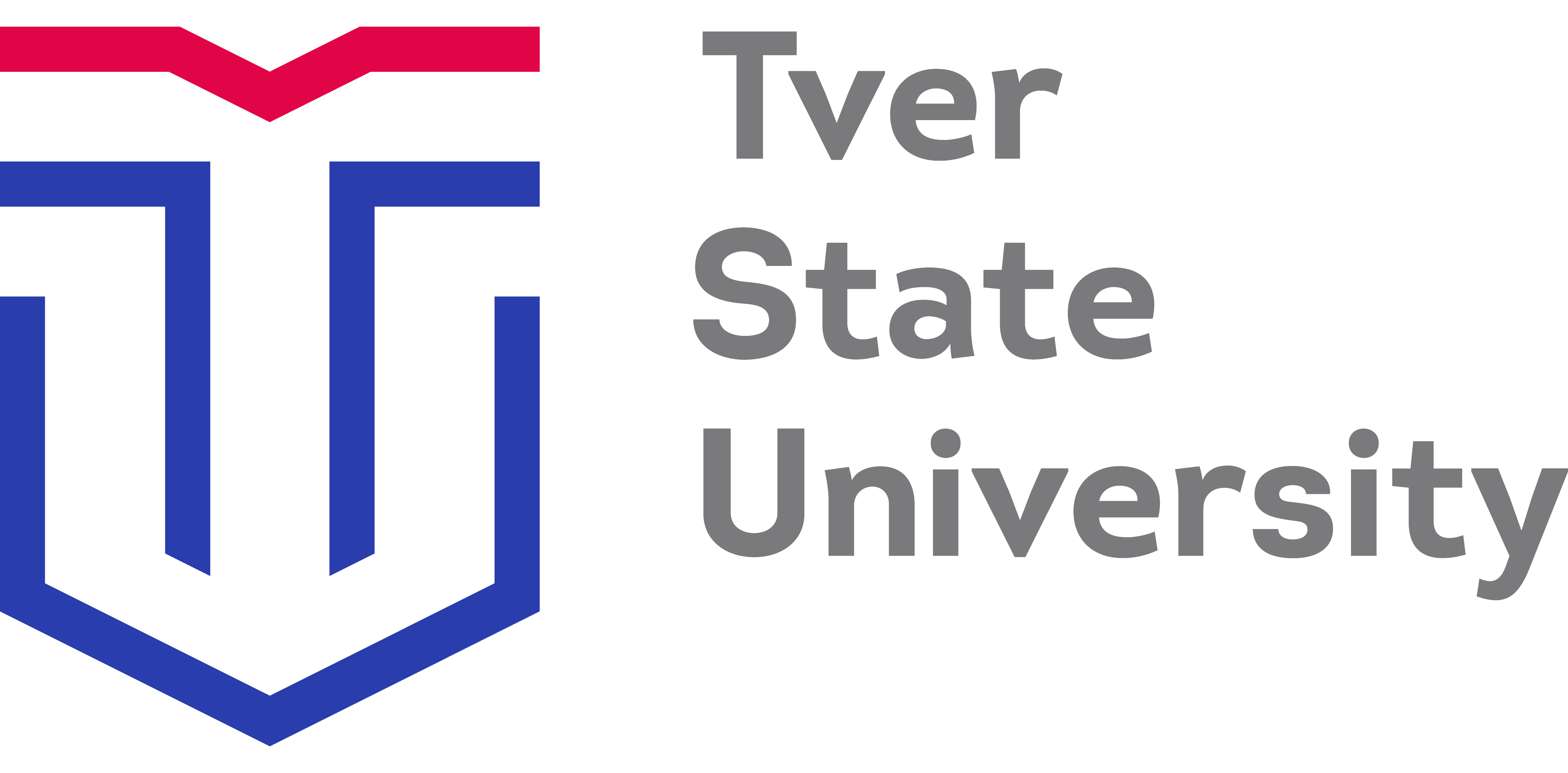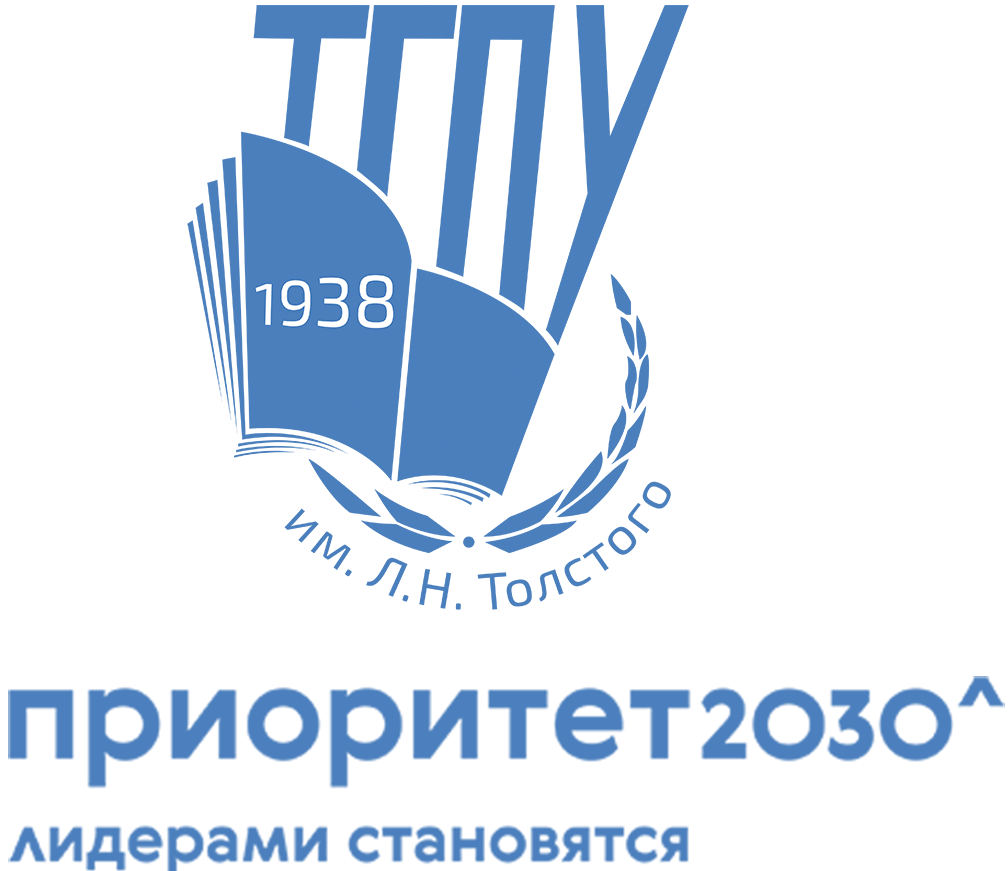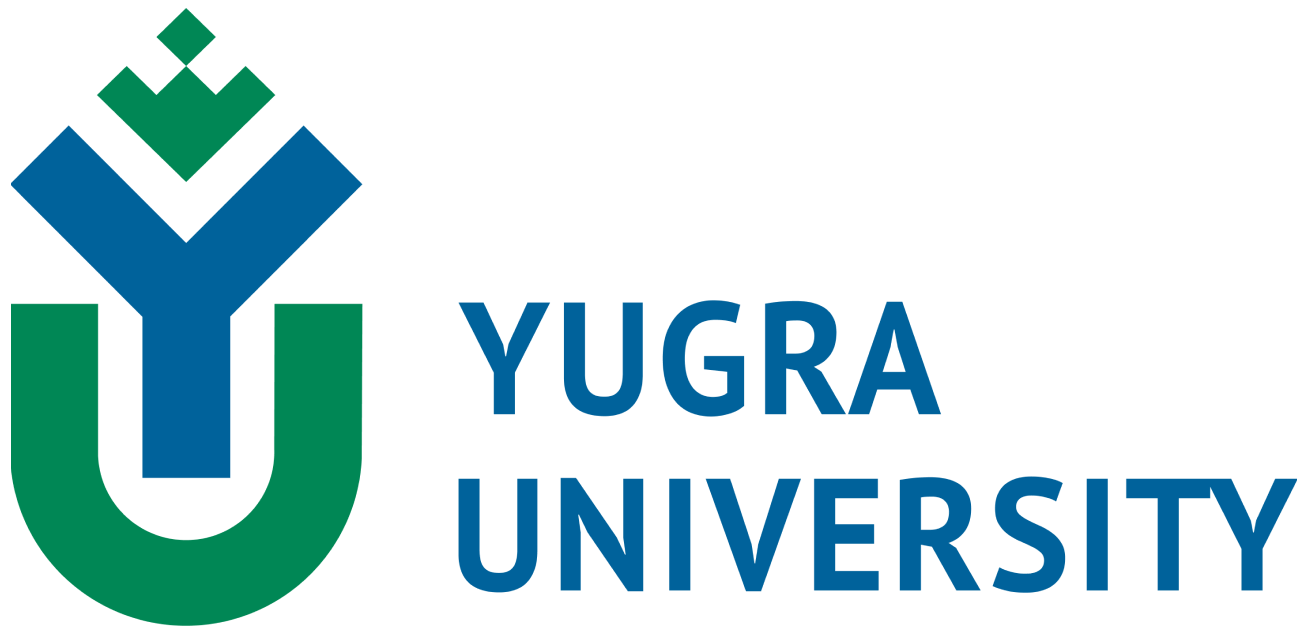- Practical classes
- Internships at partner universities
- Meetings with experts from the scientific community
- Case analysis

Pskov State University (PskovSU)

Pskov State University (PskovSU)
The goal of the project «Summer Institute for Teachers and Researchers» in the direction of «Russian Language as a Language of Interethnic Communication» is to involve researchers and teachers from the CIS and neighboring countries in the scientific and educational environment of the Russian Federation, to establish and develop educational, research and project cooperation in the field of humanitarian, primarily philological, sciences between Russian researchers and their colleagues from the CIS and neighboring countries.
The participants of this project will immerse themselves in the research issues and educational traditions of the philological school of Pskov State University and its partner organizations in the project, meet leading Russian scientists involved in the study of the communication foundations of interethnic communication, the role of the Russian language as a language of interethnic communication in the modern world; features of the reflection of the culture, history and traditions of the Russian people in their language and ways of representing this information in a foreign language audience; analysis of problems and ways of solving them in teaching Russian in a foreign school.
Participants of the project are young teachers and researchers of universities and research institutes from the Republic of Belarus, Uzbekistan, Armenia, Kazakhstan, Abkhazia, Kyrgyzstan, Serbia, Republika Srpska, South Ossetia.
Educational block (internship program)
Educational module 1. Interethnic interaction as a socio-cultural phenomenon. The role of the Russian language in the world
The purpose of the module is to highlight the changes taking place in the multinational communication space, to discuss the role of the academic community in these changes.
Objectives of the module:
- to discuss the influence of national cultures on modern communication processes, including in the university space;
- to initiate a dialogue aimed at discussing the forms and methods of building effective communication at the level of the inter-university academic community of the CIS countries and far abroad.
Module Contents
-
Topic 1.1. The Problems of National Identity in the Context of the Formation of a Modern Multipolar World: Communication Approaches and Solutions
The substantive «focus» of this topic is identity as one of the basic characteristics of modern society, in the context of the formation of a multipolar world. The main «optics» of reflecting on the problem of national identity in a multipolar world are communication processes, approaches, solutions, including in the field of language. Students will have the opportunity to get acquainted with interesting communication projects that contribute, on the one hand, to the consolidation of the modern world, and on the other, to the promotion of priorities for strengthening and developing the national identity of countries and their peoples.
-
Topic 1.2. Intercultural Communication in the University’s Educational Space
The interactive lesson will examine the role of internationalization in the fields of education and science; a typology of cultures in the modern world and the features of the manifestation of cultural differences in the academic environment will be presented. Students will analyze strategies and techniques for adaptation in a different cultural environment and formulate recommendations for effective interaction in a multicultural group.
-
Topic 1.3. Interactive seminar «Project "Territory of Attraction" (on promotion of Russian language and education)»
The interactive seminar is aimed at studying the best practices of project work in the field of popularization of the study of the Russian language and promotion of Russian education abroad. The seminar is expected to discuss and adjust joint projects of the program participants.
Educational module 2. Practical foundations of modern methods of teaching Russian as a foreign language
The purpose of the module is to study practical experience in the field of modern methods of teaching Russian as a foreign language.
Objectives of the module:
- to highlight current processes occurring in the modern Russian language in order to improve the teaching of Russian as a foreign language;
- to present the possibilities of using historical data as a way to develop interest in the language being studied;
- to discuss issues related to the problems of nationally oriented education, the provision of educational and educational-methodical literature for teaching Russian as a foreign language in a foreign school;
- to initiate a dialogue aimed at discussing the most effective forms of work in Russian as a foreign language lessons.
Module Contents
-
Topic 2.1. New in the Modern Russian Language at the Turn of the Millennium.
The lesson discusses the functioning of the modern Russian language, relevant for teaching Russian to a foreign language audience. Students become familiar with active processes in orthoepy, vocabulary, morphology and syntax of the Russian language.
-
Topic 2.2. Historical commentary in teaching Russian as a foreign language and organizing extracurricular activities of students «The Image of Man in Language and Culture».
The scientific and creative laboratory as a form of work on the topic «The Image of Man in Language and Culture» integrates research methods and allows you to improve your knowledge of the history of language, develop linguistic intuition and linguistic thinking, and form independence in the study of linguistic disciplines of the historical cycle. The lesson involves analyzing the experience of creating linguistic projects on the history of language, developing modules of the project «The Image of Man in Language and Culture» together with students of the program for the purpose of its further implementation.
-
Topic 2.3. Modern approaches to promoting the Russian language and culture abroad.
Features of the educational program «Russian as a Foreign Language». Methodological potential in teaching RFL. Interethnic and intercultural dialogue in the process of program implementation (from work experience). The conjugacy of different levels of education in teaching RFL.
-
Topic 2.4. Online teaching of Russian as a foreign language: pros and cons.
A round table discussion of the experience of using the online format in teaching Russian as a foreign language is expected.
Educational module 3. Linguocultural approach to teaching Russian as a language of interethnic communication.
The purpose of the module is to introduce students to research in the field of linguocultural description of the Russian language as a language of interethnic communication, to present the possibilities of using these materials in practical work.
Objectives of the module:
- to present the experience of Pskov philologists in preparing lexicographic publications with a linguocultural focus;
- to present the experience of working with folklore and literary texts in a foreign-language audience;
- to initiate a dialogue aimed at discussing network scientific and educational projects in the field of linguocultural studies and literary criticism.
Module Contents
-
Topic 3.1. Linguocultural aspects of educational phraseography.
Presentation of the experience of developing educational phraseological dictionaries in the Experimental Laboratory of Educational Lexicography of Pskov State University. Introduction to the team of authors of educational dictionaries and publications of the laboratory.
-
Topic 3.2. Development and use of phraseological educational dictionaries in a foreign-language audience.
Master class from research staff of the Experimental Laboratory of Educational Lexicography of Pskov State University, which reveals the techniques of lexicographic description of Russian phraseological units in the linguocultural aspect, demonstrates the possibilities of working with these dictionaries in a foreign-language audience.
-
Topic 3.3. Traditions and folklore as a tool for building interethnic interaction.
The seminar is based on the Scientific and Educational Laboratory «Socio-Humanitarian Regionics»: names of objects and phenomena of traditional Russian life, traditions, national game rituals and customs; oral folklore; methodological recommendations for organizing work in integrated classes on Russian national culture with foreign students; methods and techniques for developing cultural studies competence based on studying Russian national culture. Pskov fairy tale: traditional culture in a folklore text
-
Topic 3.4. Local texts of Russian culture as a scientific problem.
Using the example of acquaintance with the Pskov text of culture, listeners will learn about one of the dynamically developing areas of modern Russian philology — the study of urban spaces as a special type of the text. The lesson will be held in the form of a live excursion, during which listeners will get acquainted with the semiotics and mythology of Pskov, its «dictionary» and main masters, learn about the specifics of the reflection of the city in literary memory.
-
Topic 3.5. Russian poetry in a modern musical format (lecture-concert).
The lecture-concert is an unconventional format for presenting educational material, clearly demonstrating the practical experience of presenting a language through cultural texts.
The internship program is formed taking into account the directions of the educational modules. The internship is a separate type of work on the site of the partner university and is a logical completion of the work on the educational module.
Internship program at the Saint Petersburg State University of Economics, 6 hours (Saint Petersburg, Griboyedov Canal Embankment, 30-32)
The purpose of the internship is to highlight the changes taking place in the multinational communication space, to discuss the role of the academic community in these changes.
Internship objectives:
- to discuss the influence of national cultures on modern communication processes, including in the university space;
- to initiate a dialogue aimed at discussing the forms and methods of building effective communication at the level of the inter-university academic community of the CIS countries and far abroad.
| № | Events for the internship | Form of implementation |
|---|---|---|
| 1. | Excursion to the historical building of the main building of the St. Petersburg State University of Economics (the building of the former banknote bank). | educational excursion |
| 2. | Express lectures from the specialists of St. Petersburg State University of Economics | express lectures |
| 3. | Chinese Library of St. Petersburg State University of Economics. Experience of promoting the Russian language at St. Petersburg State University of Economics as a direction of Russian-Chinese cooperation between universities. | educational excursion |
| 4. | Exhibition of modern publications in the field of teaching Russian as a foreign language from the «Zlatoust» publishing house. | exhibition |
| 5. | Publishing activities and new educational literature on Russian as a foreign language. | seminar |
Internship program at the Scientific and Cultural Center of the Pushkin Reserve, 6 hours (urban settlement Pushkinskiye Gory, boulevard named after S. S. Geychenko, 1)
The purpose of the internship is to introduce the students to the work of the Scientific and Cultural Center of the Pushkin Reserve in the field of promoting the Russian language and Russian culture both in Russia and abroad.
Internship objectives:
- to present the experience of the custodians of the Pushkin Reserve in the field of promoting Russian culture;
- to initiate a dialogue aimed at discussing network scientific and educational projects in the field of linguacultural studies and literary criticism.
| № | Events for the internship | Form of implementation |
|---|---|---|
| 1. | Introduction to the activities of the Scientific and Cultural Center, visiting exhibitions. | educational excursion |
| 2 | Express lectures from specialists of the Scientific and Cultural Center express lectures. | express lectures |
| 3. | Open-air Museum of Wooden Architecture «Bugrovo» interactive program | interactive program |
Internship program at the State Institute of the Russian Language named after A. S. Pushkin, 6 hours (Moscow, Academician Volgina St., 6)
The purpose of the internship is to find solutions to the most pressing problems of teaching Russian in a foreign school.
Internship objectives:
- to highlight current methods and techniques for teaching Russian as a foreign language;
- to discuss issues related to the problems of nationally oriented education, the availability of educational and educational-methodical literature for teaching Russian as a foreign language in a foreign school;
- to initiate a dialogue aimed at discussing the most effective forms of work in Russian as a foreign language lessons.
| № | Events for the internship | Form of implementation |
|---|---|---|
| 1. | Excursion «Pushkin — 225». | educational excursion |
| 2. | Excursion «Revolution in language». | educational excursion |
| 3. | Excursion «Turgenev: French life of the Russian novel». | educational excursion |
| 4. | Interactive lecture «Practical experience of teaching Russian as a foreign language». | interactive lecture |
| 5. | Familiarization with scientific and educational publications of scientists of the State Institute of the Russian Language named after A. S. Pushkin. | exhibition |
Cultural and leisure block
Excursion program in Pskov and Pskov region
- Excursion to the historical center of Pskov. Viewing the Kremlin from the confluence of two rivers — the Velikaya and the Pskova. Interactive program in the Varlaamovskaya Tower. Visit to the Pskov Kremlin;
- Excursion to the Pskov-Pechersky Monastery, visiting the caves;
- Excursion to Izborsk with a visit to the Seto museum-estate and tasting of Seto pies;
- Excursion to the fresco museum of the Transfiguration Cathedral of the Mirozhsky Monastery of the 12th century;
- Interactive excursion to the new exhibition space in the Postnikov Chambers of the 17th century;
- Sightseeing tour of the Federal Museum-Reserve Pogankiny Chambers;
- Excursion to the Pushkin Reserve. Visit to the estate and park «Mikhailovskoye». Interactive program in Bugrovo «Village Pushkin». The poet’s grave in the family cemetery of the Hannibals-Pushkins near the walls of the Svyatogorsk Monastery of the 16th century;
- Excursions to museums in Moscow and St. Petersburg during internships at the sites of partner organizations.
Master classes
- Master class from the folklore ensemble «Pleskava»;
- Interactive excursions from the Pskov and Izborsk museum-reserves;
- Literary excursion around Pskov.
Evening of hospitality
The evening of hospitality will be held in the dining hall of Pskov State University. A joint dinner of Pskov State University teachers and program participants will be accompanied by a special musical and literary program from Pskov philologists. The theme of the evening is «Family Stories».
Other events
Visit to the Sports and Entertainment Center «Prostoria»
Перейти на сайт университета
View program




